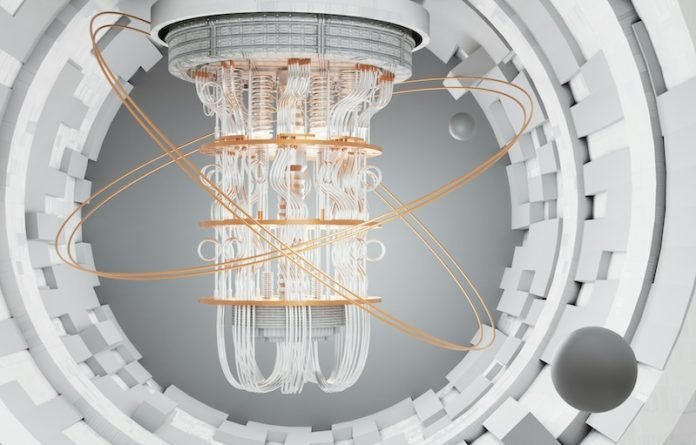
Imagine a future where our internet is not just faster, but fundamentally more secure, thanks to the principles of quantum physics.
This isn’t a distant dream but a burgeoning reality scientists are working towards.
As we edge closer to creating powerful quantum computers, there’s a parallel effort to develop a quantum version of the internet.
This new quantum network aims to provide ultra-secure communication by harnessing the unique properties of quantum bits, or qubits, the fundamental units of quantum information.
Today’s internet relies on light to carry information across vast distances with incredible speed and minimal loss. This system is ideal for sending traditional data, but quantum information, encoded in single photons, is far more delicate.
Quantum mechanics tells us that trying to amplify this information, as we do with classical data, would destroy it. Enter the quantum repeater, a device envisioned to enable long-distance quantum communication without compromising the integrity of quantum information.
Quantum repeaters work by distributing entanglement, a uniquely quantum link between particles, regardless of the distance separating them.
This entanglement is crucial for quantum communication methods like quantum teleportation, which could allow information to be sent across a quantum network.
Researchers at ICFO have made significant strides towards realizing a quantum repeater node. In their experiment, they demonstrated the transmission of light-matter entanglement over 50 kilometers using the existing metropolitan network of Barcelona.
They generated pairs of entangled photons, with one photon compatible with fiber optic transmission and the other stored in a quantum memory made from specially doped crystals.
This achievement shows that photonic qubits can travel extensive distances without losing their quantum properties, a crucial step for quantum communication.
The experiment also involved extending the network to include a new node, demonstrating that quantum correlations can be generated and detected between two physically separated, independent nodes.
The implications of this research are profound. A quantum internet would not only revolutionize computing by allowing quantum computers to connect and share information securely, but it would also provide an unprecedented level of cybersecurity.
Quantum encryption methods, based on the principles of entanglement and superposition, promise to be virtually unhackable.
The work at ICFO, in collaboration with Cellnex and within the framework of projects like QNetworks and EuroQCI Spain, is paving the way for a test-bed of quantum repeater technologies.
This endeavor aligns with the goals of the Quantum Internet Alliance, a leading European effort towards a quantum internet.
As we stand on the brink of a new era in communication technology, the progress in developing a quantum internet underscores the transformative potential of quantum mechanics applied to everyday technology.
The successful demonstration of light-matter entanglement over metropolitan fiber networks marks a significant milestone on the journey towards a quantum future, promising a world where secure, quantum-safe communication is a reality.
The research findings can be found in Science Advances.
Copyright © 2024 Knowridge Science Report. All rights reserved.


